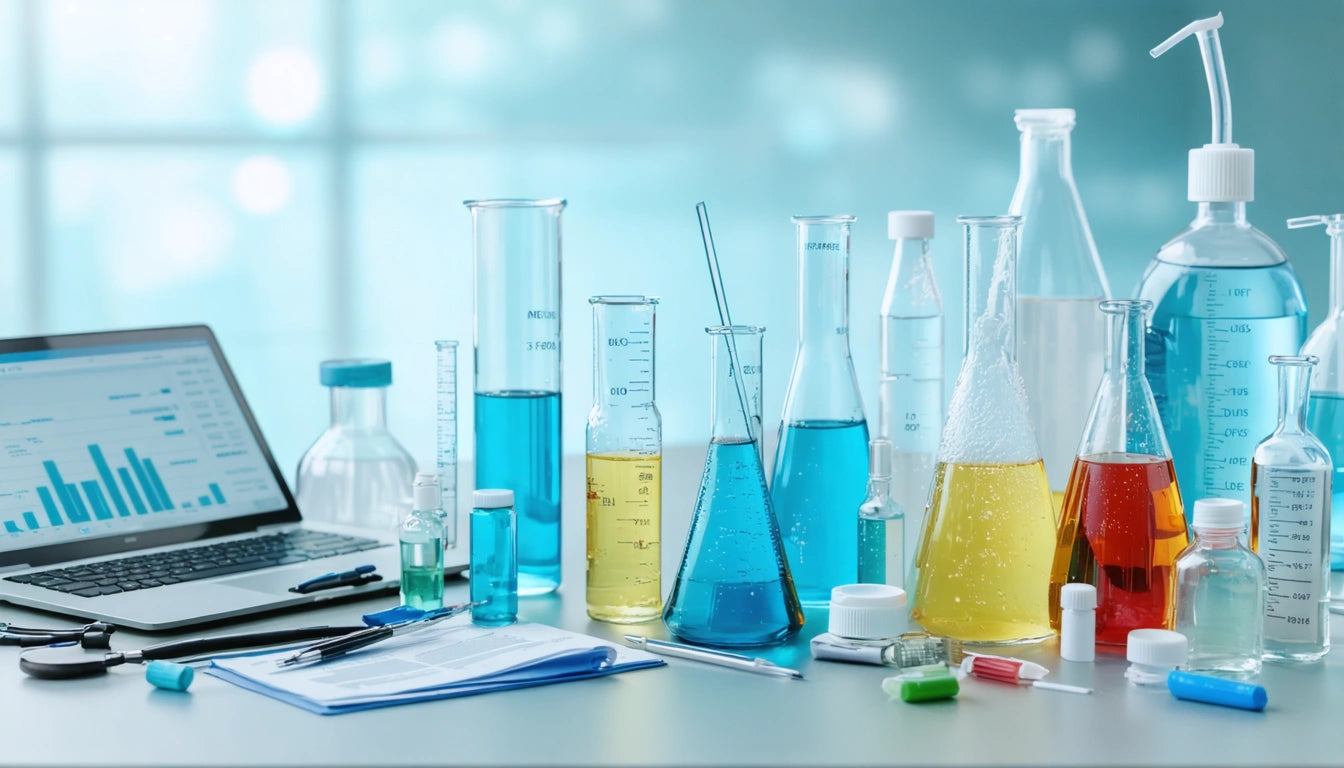Table of Contents
- Understanding Synthetic Urine Products
- Lab Testing Methods for Detecting Synthetic Urine
- Does Quick Fix Pass Lab Tests? Examining the Evidence
- Will U Pass Work If Sent to a Lab? Success Factors
- Detection Risks and Laboratory Advancements
- Legal Considerations and Workplace Policies
- Alternative Approaches to Consider
Can Synthetic Urine Products Like Quick Fix or U Pass Successfully Pass Lab Tests?
Synthetic urine products have become increasingly popular among individuals facing drug screening situations. Products like Quick Fix and U Pass claim to help users pass urine tests by mimicking the chemical composition, appearance, and properties of human urine. This article examines whether these synthetic alternatives can truly beat laboratory testing procedures.
Understanding Synthetic Urine Products
Synthetic urine is an artificially created substance designed to simulate human urine. These products typically contain water, urea, creatinine, pH balancers, and specific gravity adjusters to match the chemical profile of natural urine. Premium versions may also include uric acid and other compounds to enhance authenticity.
The two most commonly used brands include:
- Quick Fix: A premixed synthetic urine solution that comes with a heating pad to maintain body temperature
- U Pass: A similar product that includes temperature strips and heating elements
Both products are marketed as "novelty items" or "for research purposes only" to circumvent legal restrictions, though their primary use is widely understood.
Lab Testing Methods for Detecting Synthetic Urine
Modern laboratories employ various techniques to verify sample authenticity. According to comparisons between home drug tests and lab tests, laboratory analysis is significantly more sophisticated and can detect nuances that basic tests miss.
Standard Testing Parameters
Labs typically check for:
- Temperature (should be 90-100 °F)
- pH levels (typically 4.5-8.0)
- Specific gravity (concentration of dissolved particles)
- Creatinine levels
- Presence of uric acid
- Color and odor
- Presence of preservatives or additives not found in human urine
Does Quick Fix Pass Lab Tests? Examining the Evidence
The effectiveness of Quick Fix in passing laboratory tests depends on several factors. While older versions of Quick Fix lacked certain biological markers, newer formulations (particularly versions 6.3 and above) have been updated to include uric acid and other compounds that labs now test for.
Success factors include:
- Using the most current product version
- Proper temperature maintenance
- Laboratory testing protocols (some are more advanced than others)
- Proper handling to avoid contamination
While anecdotal reports suggest varying success rates, no synthetic product can guarantee passage of all lab tests, especially as testing technology continues to advance. Just as employment drug testing protocols evolve, so do the methods for detecting synthetic samples.
Will U Pass Work If Sent to a Lab? Success Factors
The question "does U Pass work for lab test" situations depends largely on similar factors as other synthetic products. U Pass contains many of the same chemical markers as human urine, but its effectiveness varies based on:
- The specific laboratory's testing capabilities
- Whether the sample is submitted at the correct temperature
- The version of U Pass being used
- Whether the lab specifically tests for synthetic indicators
Some users have reported success with U Pass in less rigorous testing environments, while others have faced detection in more sophisticated labs that specifically screen for synthetic urine markers. Many cannabis enthusiasts who are concerned about preserving their products' freshness while dealing with testing concerns also explore humidity control solutions for their herbs as part of their overall wellness strategy.
Detection Risks and Laboratory Advancements
Modern labs are increasingly equipped to detect synthetic urine through:
- Biocide testing (detecting preservatives used in synthetic products)
- Testing for the presence of compounds like glutaraldehyde
- Analyzing oxidation patterns unique to synthetic samples
- Identifying artificial coloring agents
The consequences of submitting synthetic urine and being caught can be severe, including immediate test failure, potential job loss, and in some jurisdictions, legal penalties. As noted in discussions about strategies for passing drug tests, detection methods continue to improve.
Legal Considerations and Workplace Policies
The legality of synthetic urine varies by location:
- Several states have explicitly banned the sale or use of synthetic urine for defeating drug tests
- Using synthetic urine may constitute fraud in certain contexts
- Some employers have specific policies against sample adulteration
Understanding the potential legal ramifications is crucial before attempting to use synthetic products. Some workplaces have also implemented more comprehensive testing approaches, similar to how VA and state drug tests screen for various substances.
Alternative Approaches to Consider
Rather than risking detection with synthetic products, some individuals consider alternative approaches:
- Natural detoxification through increased water intake and exercise
- Temporary abstention from substances when possible
- Understanding employer policies and test types
- Exploring whether THCA impacts drug test results differently than other cannabinoids
- Investigating alternative testing methods like mouth swab tests which may have different detection windows
Each approach carries its own considerations, and what works best depends on individual circumstances, testing protocols, and time constraints.
The Future of Synthetic Urine and Lab Testing Technology
The synthetic urine industry and laboratory testing capabilities remain locked in an ongoing technological race. As labs develop more sophisticated detection methods, synthetic urine manufacturers continually reformulate their products. This pattern suggests that while current versions of Quick Fix or U Pass may work in some situations today, their effectiveness will likely diminish as testing technology advances.
For individuals concerned about drug testing, staying informed about the latest developments in both testing methods and detection countermeasures represents the most prudent approach to making decisions aligned with their personal and professional needs.











Leave a comment
All comments are moderated before being published.
This site is protected by hCaptcha and the hCaptcha Privacy Policy and Terms of Service apply.